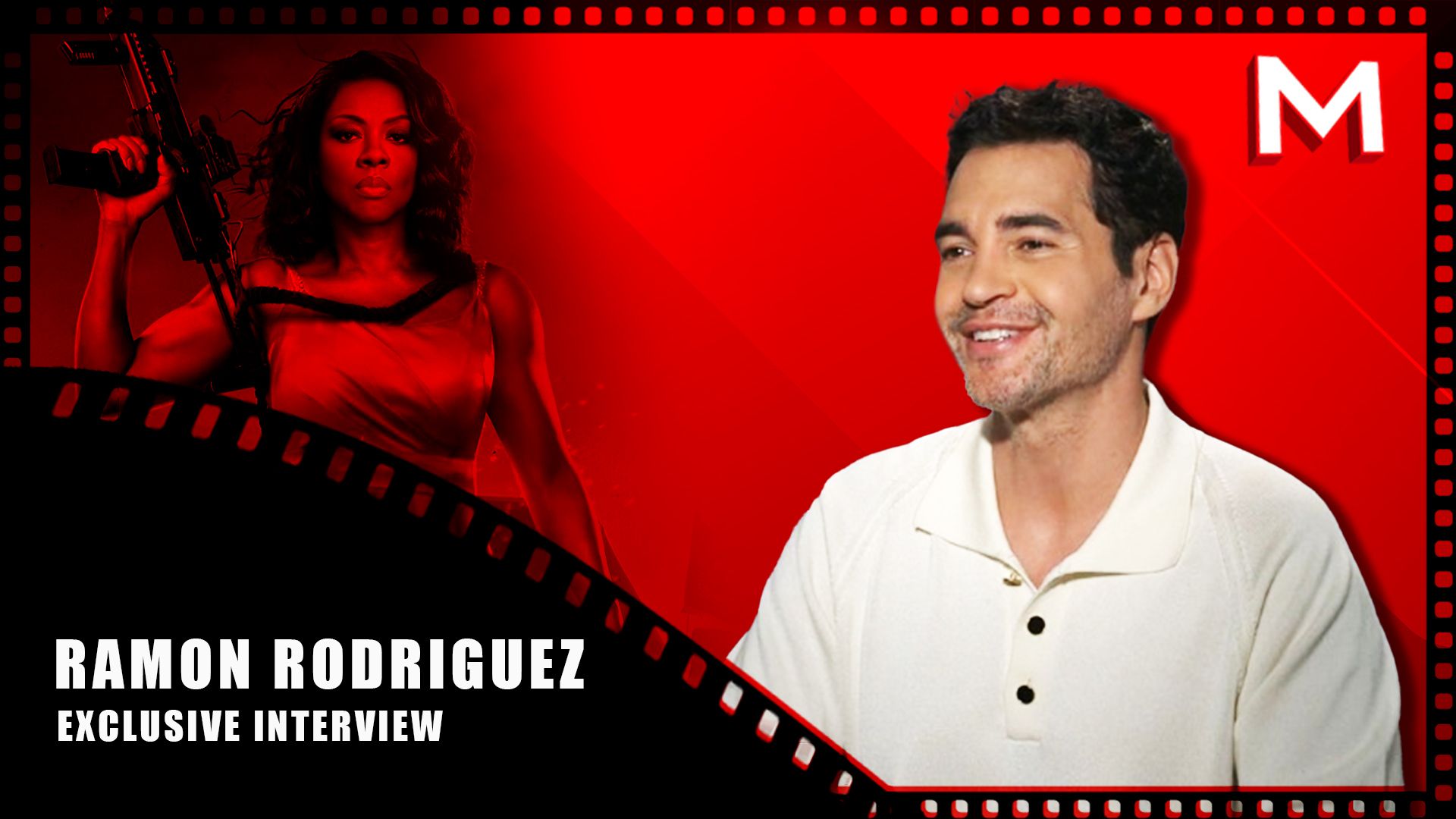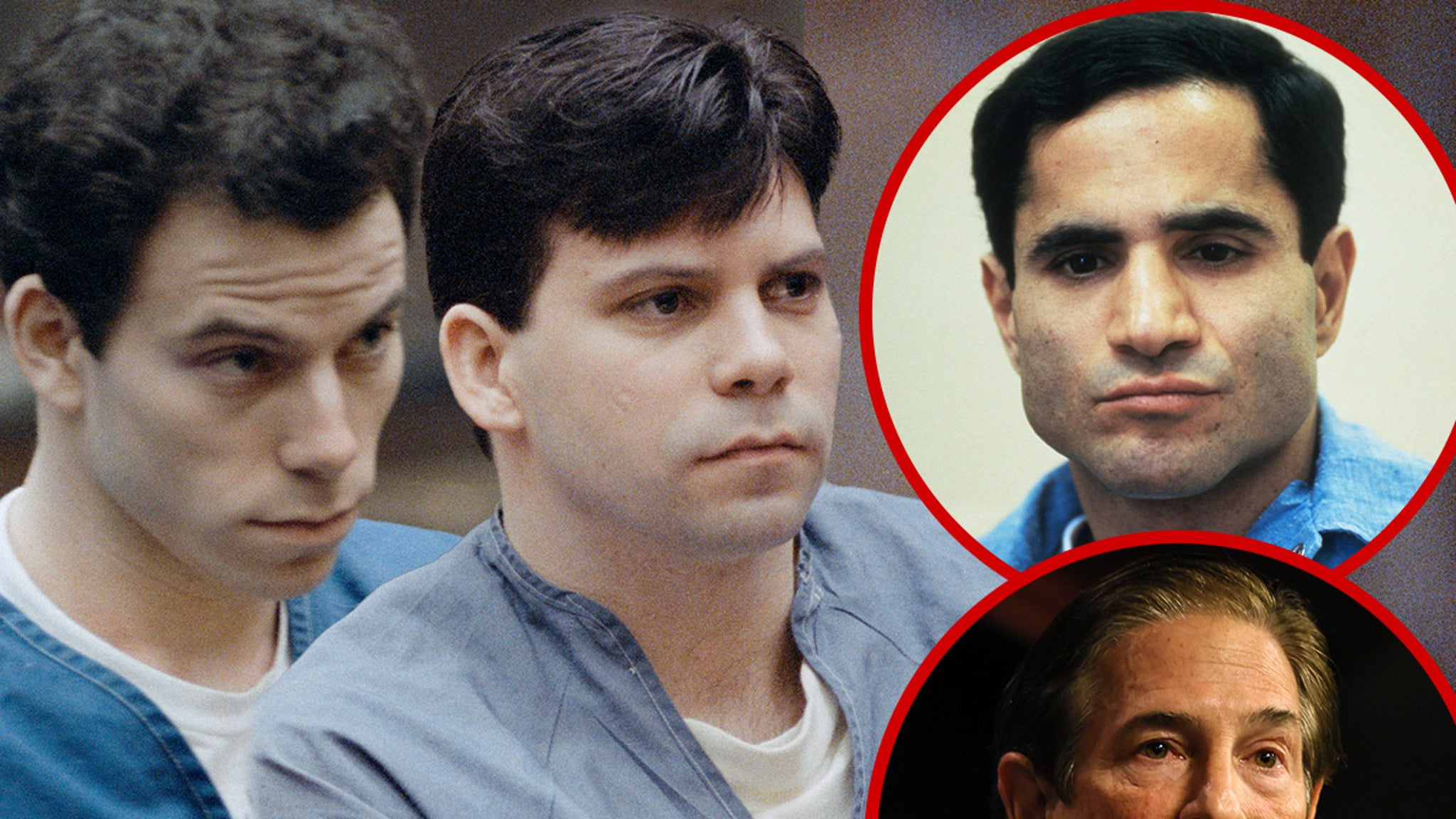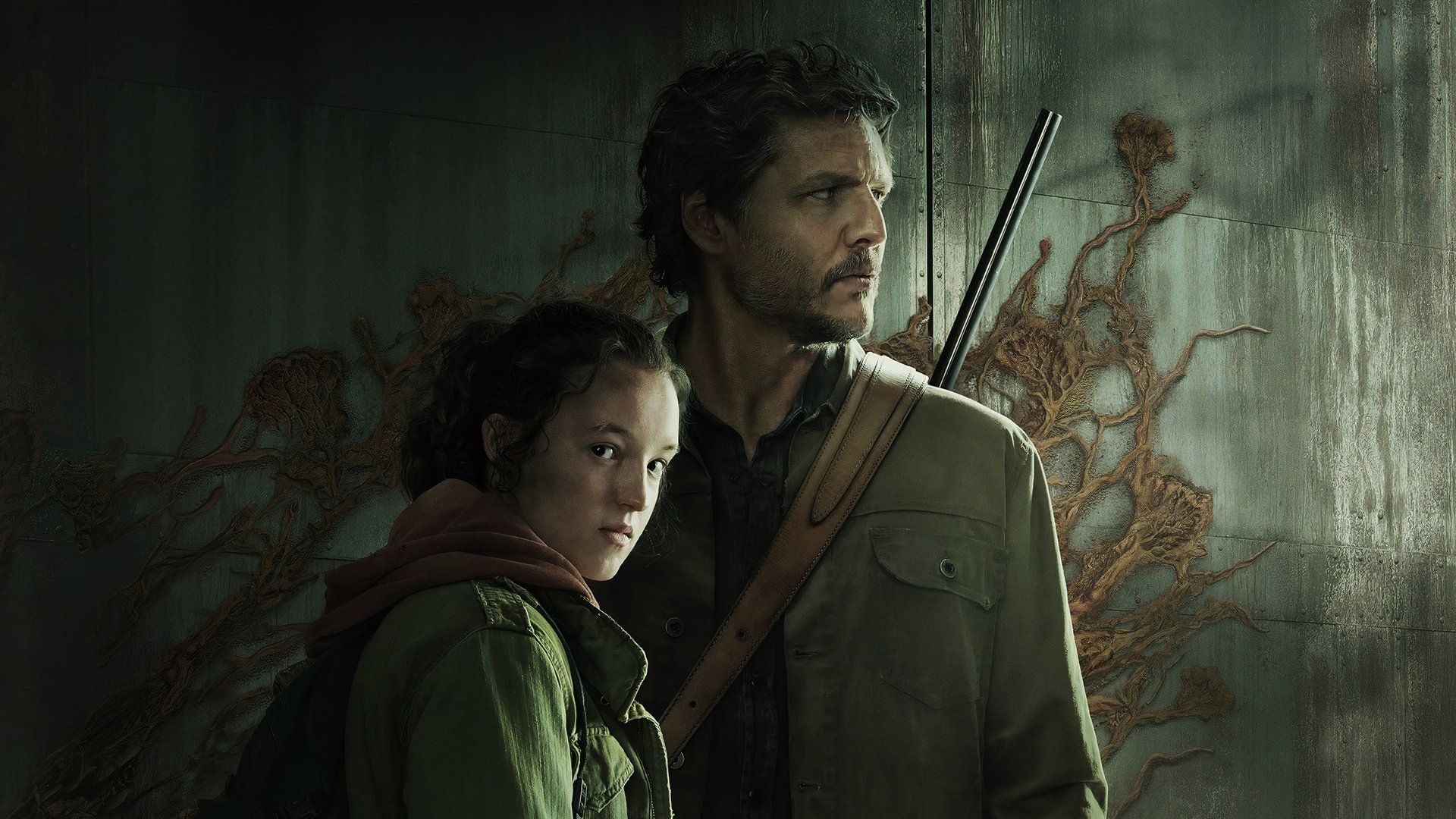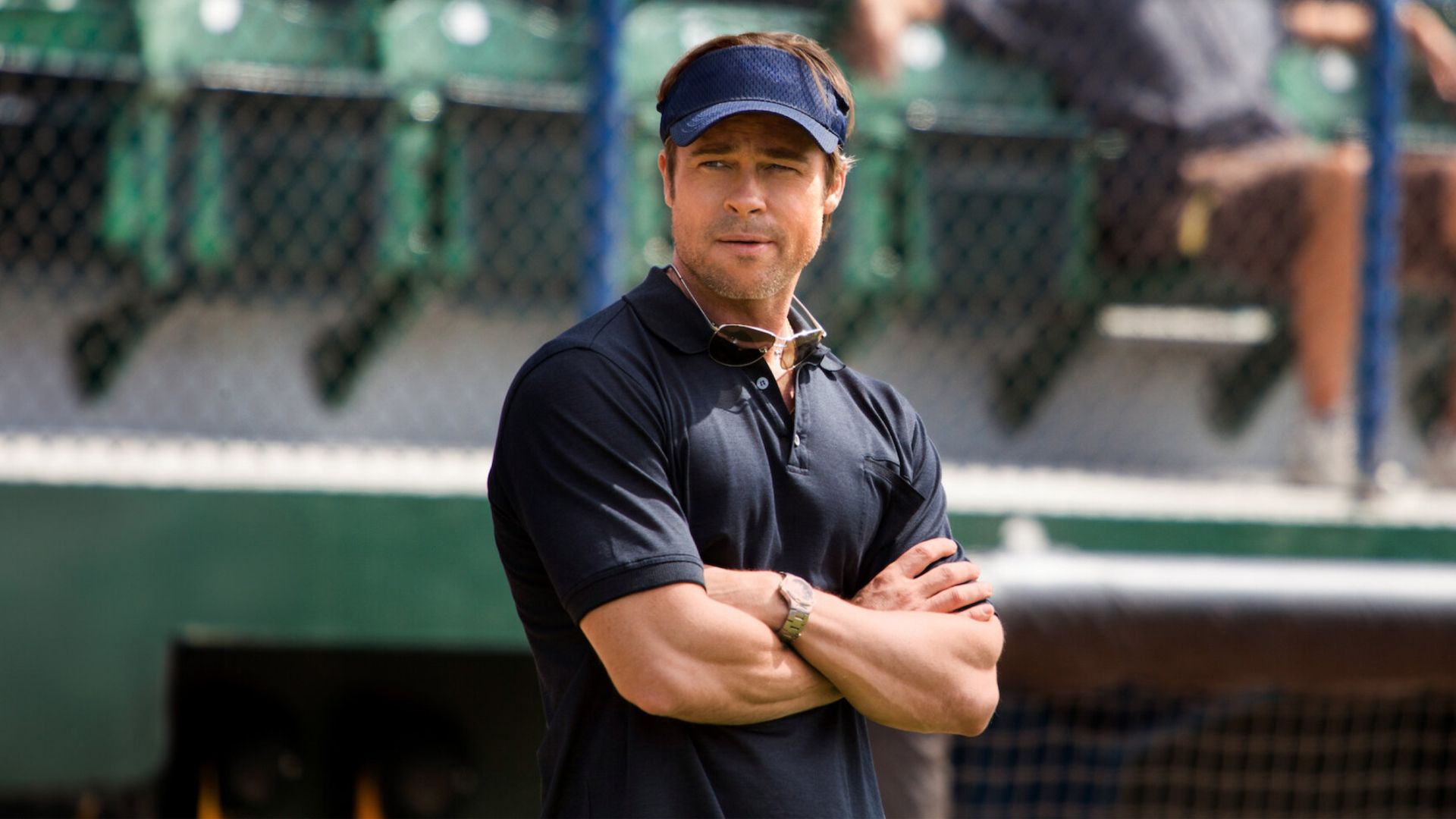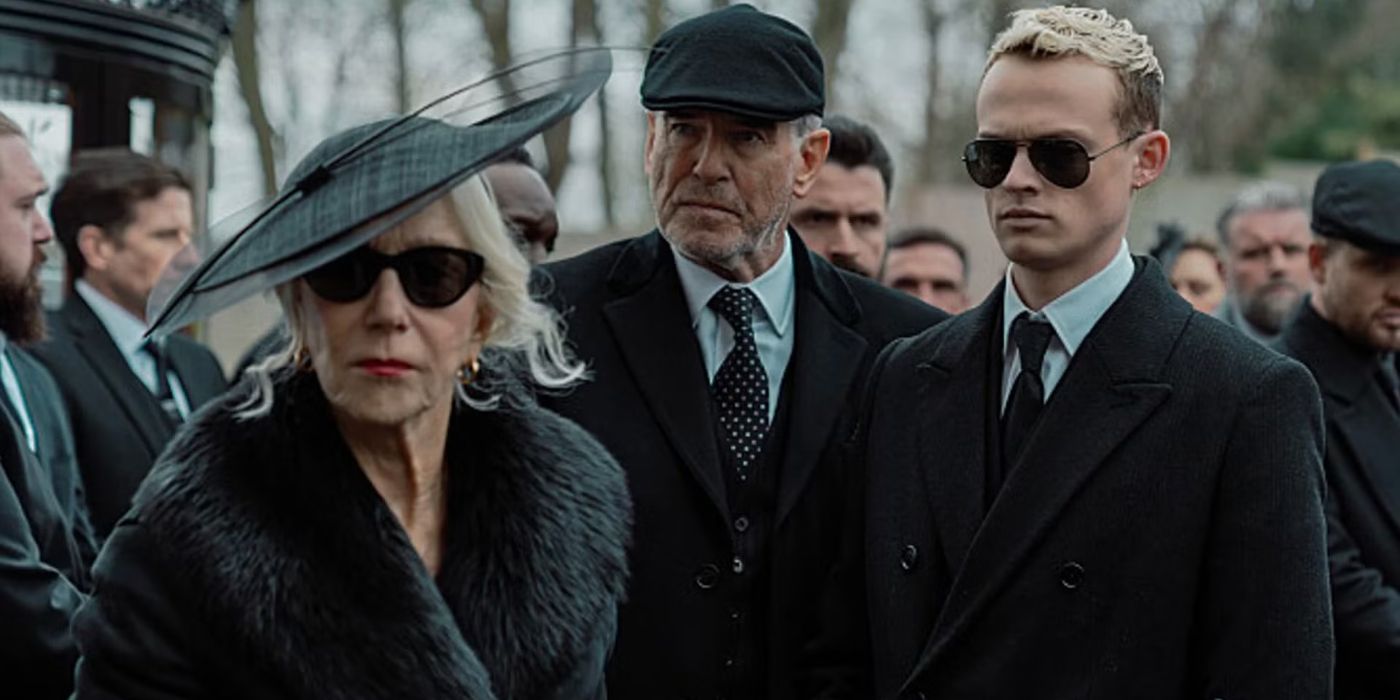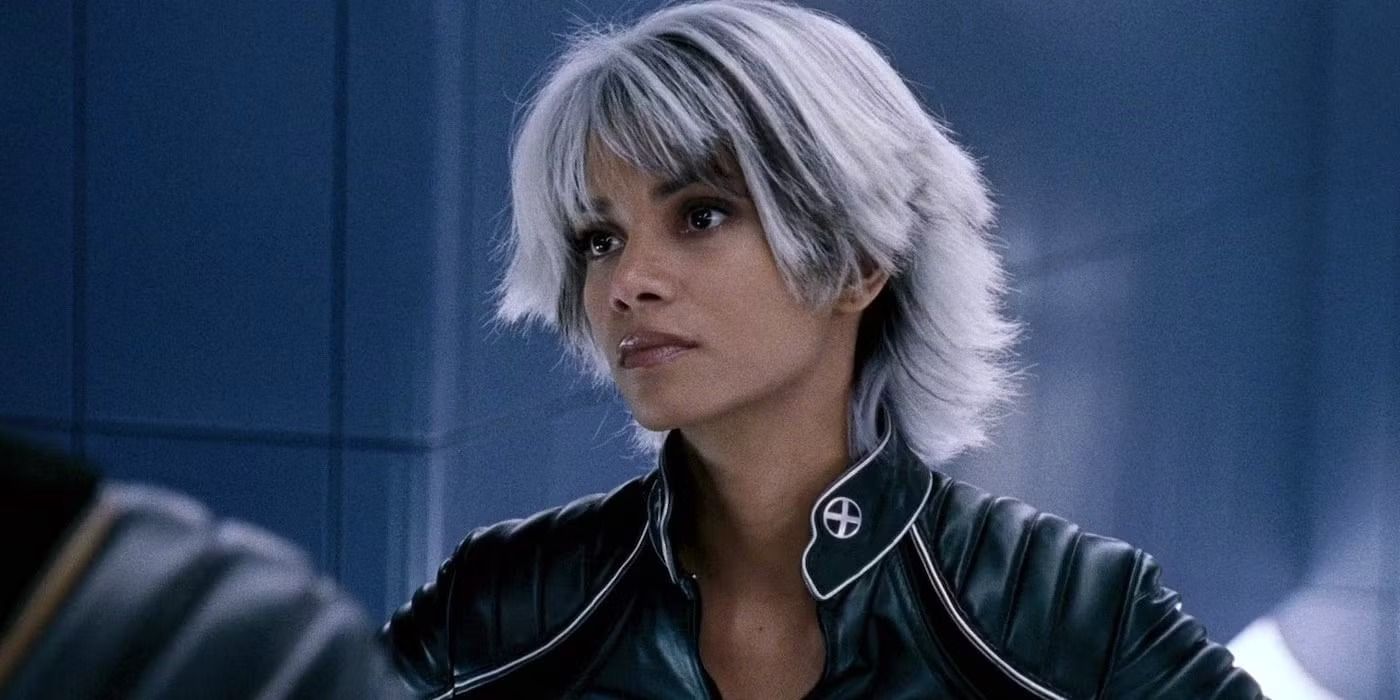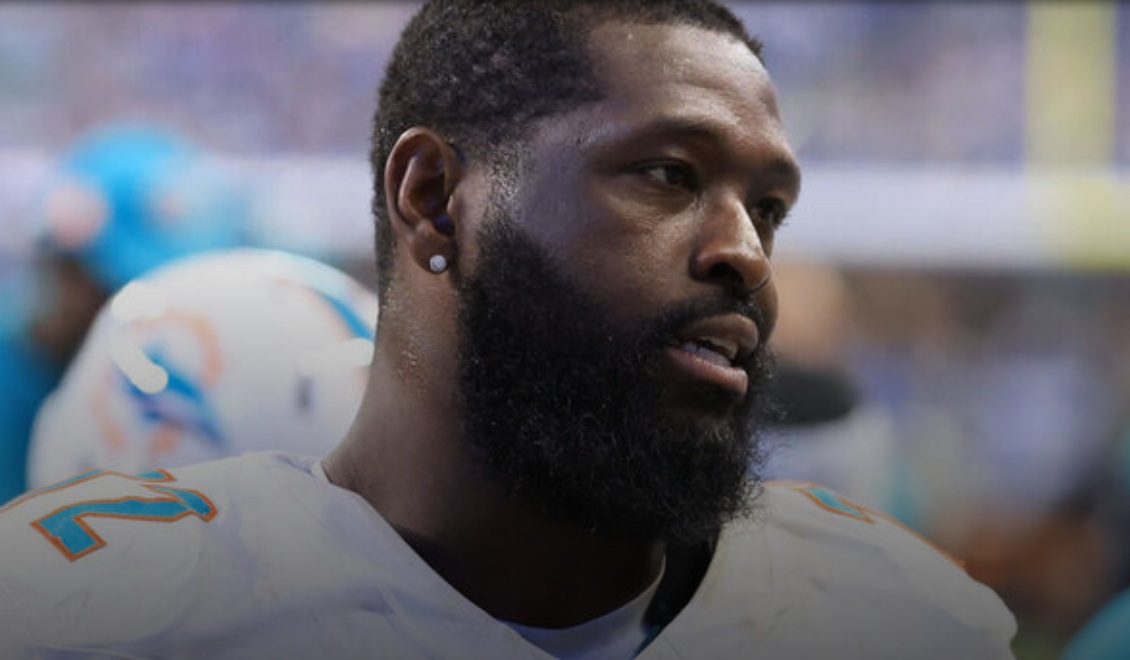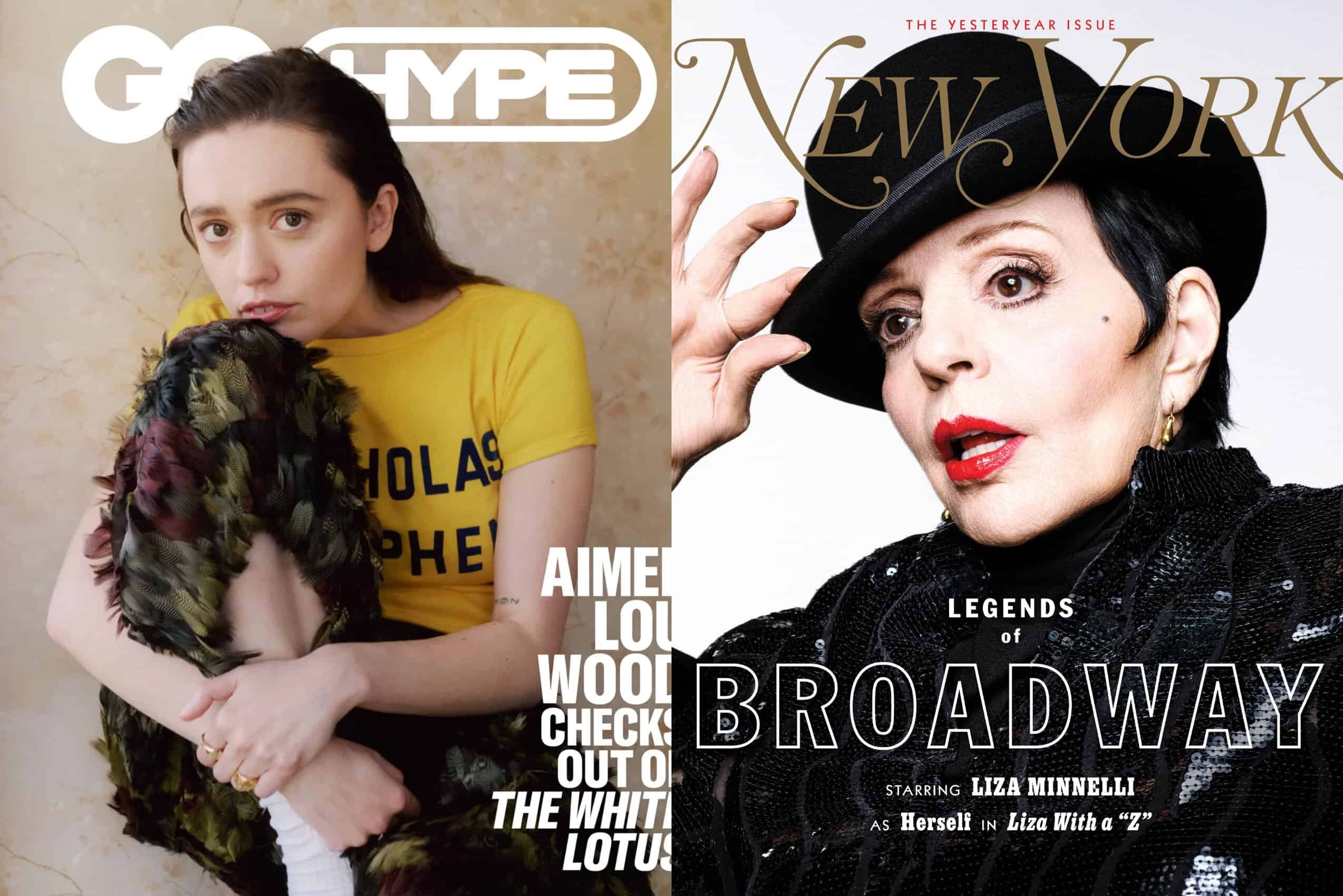Cruz plays Lola Cuevas, a hot (in every sense) auteurist director. She’s been hired by a rich man named Humberto Suárez (José Luis Gómez) who, in the film’s opening scene, announces his desire to leave some sort of legacy beyond wealth. He initially considers paying for a bridge with his name on it and then donating it to the government, but decides instead to buy the rights to a critically acclaimed work of literature and finance a film adaptation.
Humberto sheepishly admits to Lola that he’s never read the book he paid so much to acquire and asks her to tell him the story during a meeting. Lola says it’s about a couple of very competitive brothers who become deeply estranged after the younger one accidentally kills their parents during a drunk driving accident. The elder brother calls the police and the younger ends up going to prison for several years. In the end, they reconcile, and there are many twists along the way. But that story is not the film’s focus. The focus is on what happens when Lola invites her two lead actors, Félix Rivero (Banderas, playing the younger brother) and Iván Torres (Martinez, playing the elder brother) to join her for nine days of rehearsals.
The bulk of the film observes Lola, Félix, and Ivan feeling out the characters, getting to know one another, projecting their neuroses onto each other and the material, and occasionally playing mind games. Félix is a Banderas-like movie star who has played a lot of action film roles but also has earned numerous awards for his skill at screen acting (including two Golden Globes and five Goyas). He makes a great and perfect entrance, pulling up to the rehearsal facility in a red convertible sports car driven by a gorgeous young blonde woman. Iván is older and more settled: he has a 40-year-old daughter from his first marriage and has been married to his second wife for 28 years. He’s more grizzled, a character actor-type, associated with academia and institutions. We see him teaching classes to rapt students and holding forth on the philosophy of performance.
Each man has hang-ups, triggers and superstitions, and is deeply annoyed by the other’s methods and rituals. The difference in approach between the two leading men can be summed up by that much-cited story of Laurence Olivier finding out that his “Marathon Man” costar Dustin Hoffman had stayed up for three days to get in the headspace of a character who’d been up for three days and telling him, “My dear boy, why don’t you just try acting? It’s so much easier.” What’s fun, though, is that depending on the scene, either actor can be Olivier or Hoffman.
You can view the original article HERE.
